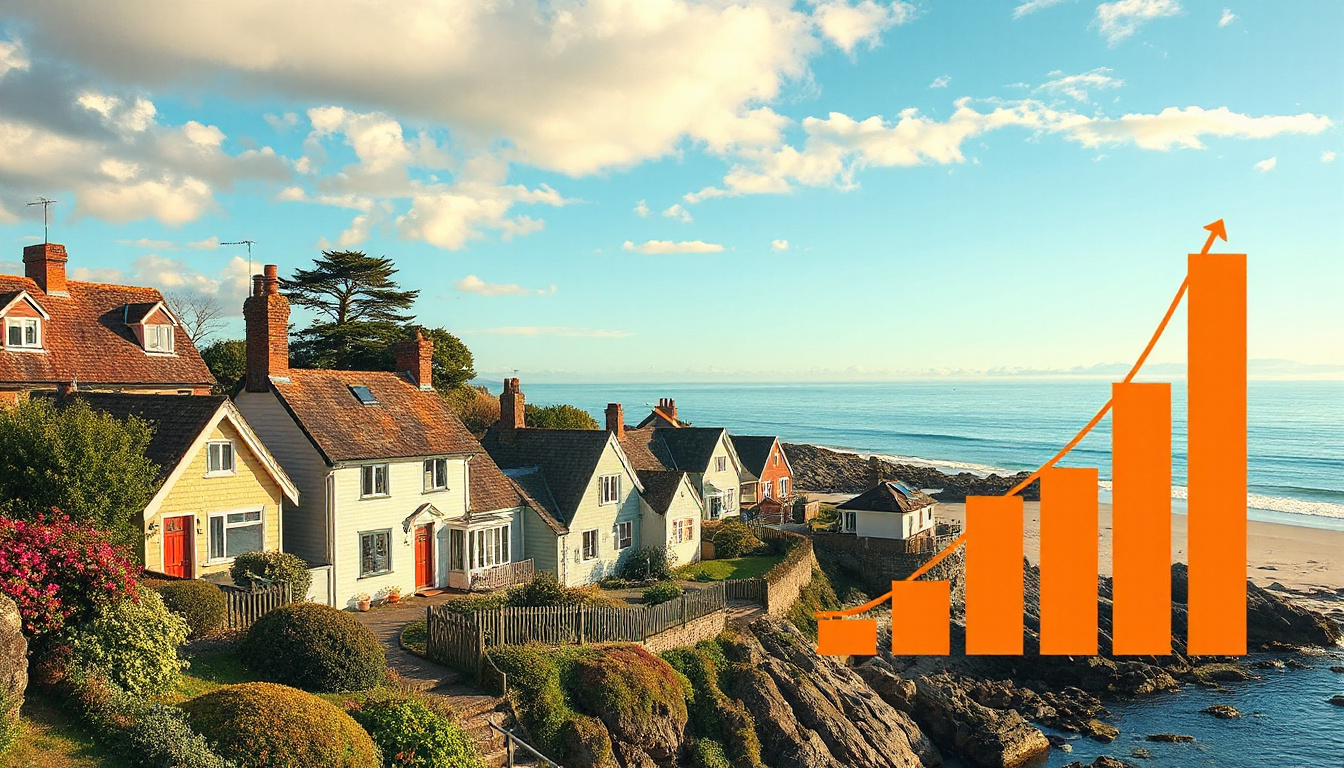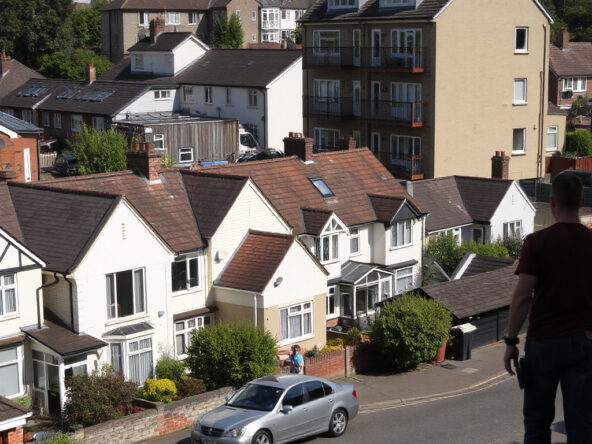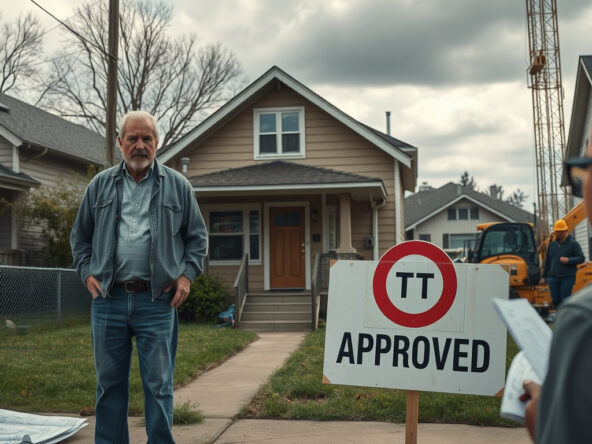Understanding the Upcoming Council Tax Changes for Second Homes
Investors, second home owners – prepare. Council tax, increase from April 2025, impacts these properties. Legislation, enacted by local councils in England, assigns a 100% tax premium to properties marked as second homes. Change – measure to boost housing among locals in zones with high second home counts.
The premium, applied from this April, lifts the annual tax from £2,171 to nearly £4,342. Over 150 councils, especially in popular coastal and holiday areas, drive the change, pressuring owners.
Impact on Property Values and Local Housing
National strategy, extended from similar rules in Scotland and Wales, repeats the pattern. In those regions, tax on second homes climbs higher. Reports, examining market trends, flag that rising tax may depress property values in coastal and rural sectors.
Guidance for Property Owners
Owners – check local council plans for adjusting tax levels, particularly where holiday demand is high. Property classification, verified as non-primary if the home is furnished, supports the extra tax. For buy-to-let holdings, tenants usually manage tax costs, while landlords with multiple occupancy homes might face liability.
Exemptions and Alternatives
Exemptions exist. Some holiday lets, when conditions meet set criteria, qualify for business rates instead of the tax. Options include modifying a property into a self-catering holiday let or disposing of the property when finances tighten.
In summary, council tax changes, fast approaching, require that second home investors and owners keep informed. Informed decisions, based on current classification, support financial planning in a shifting property market.



